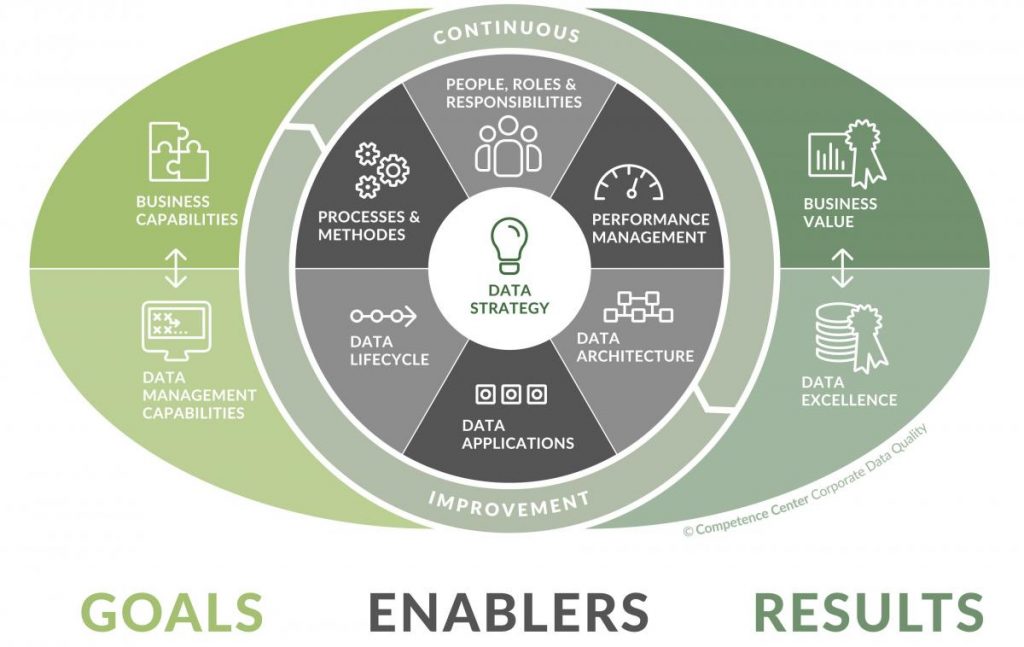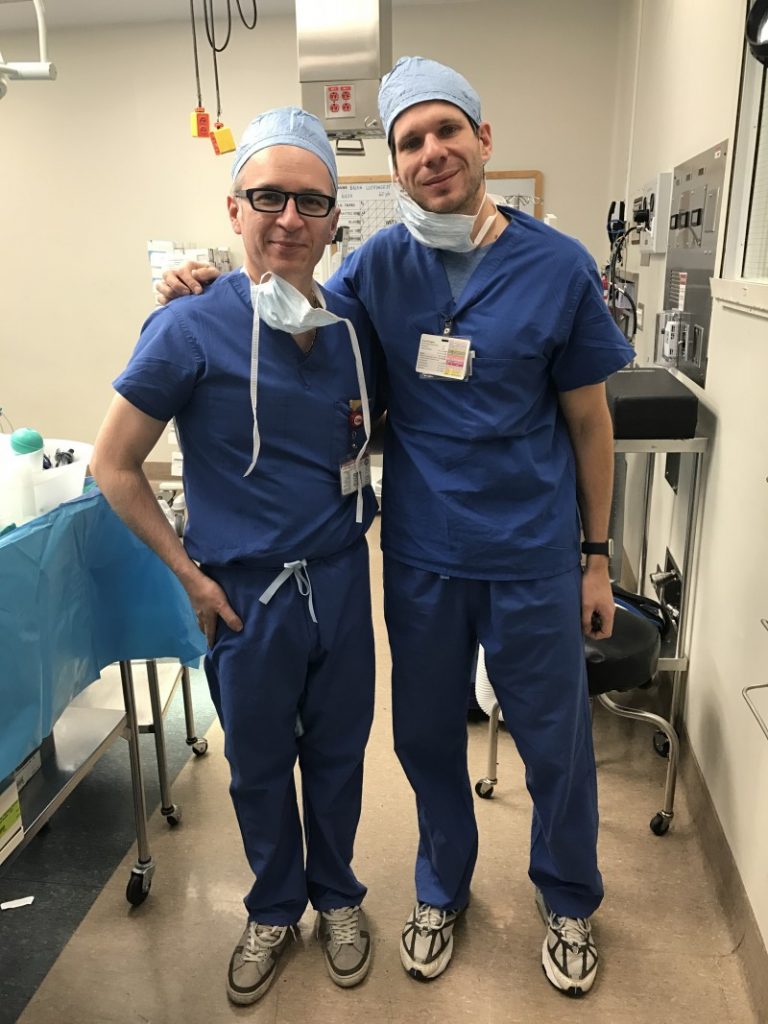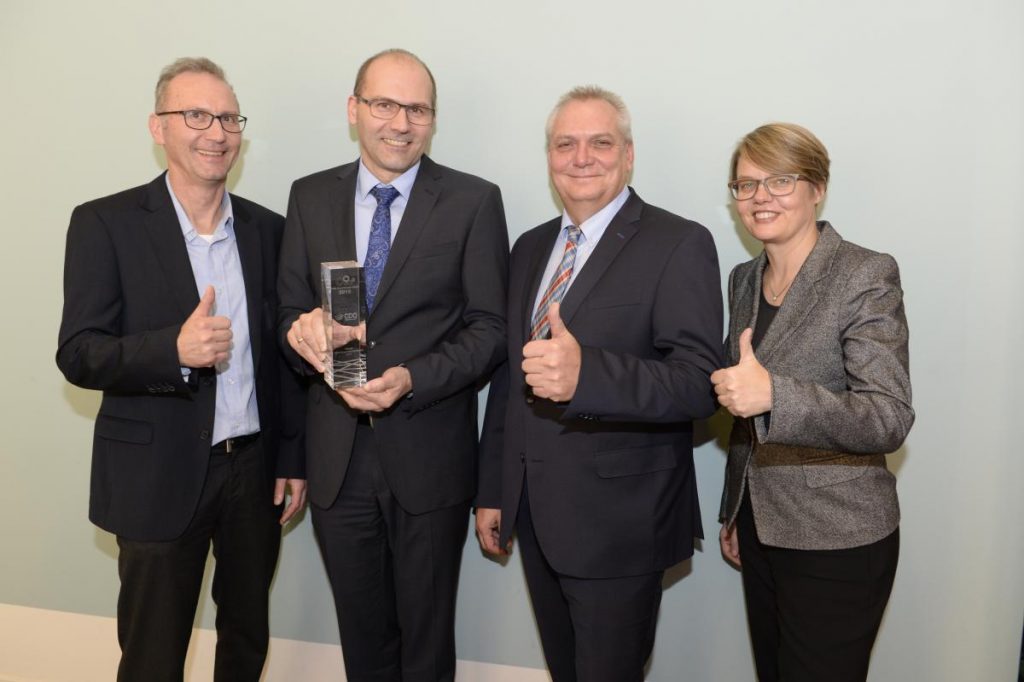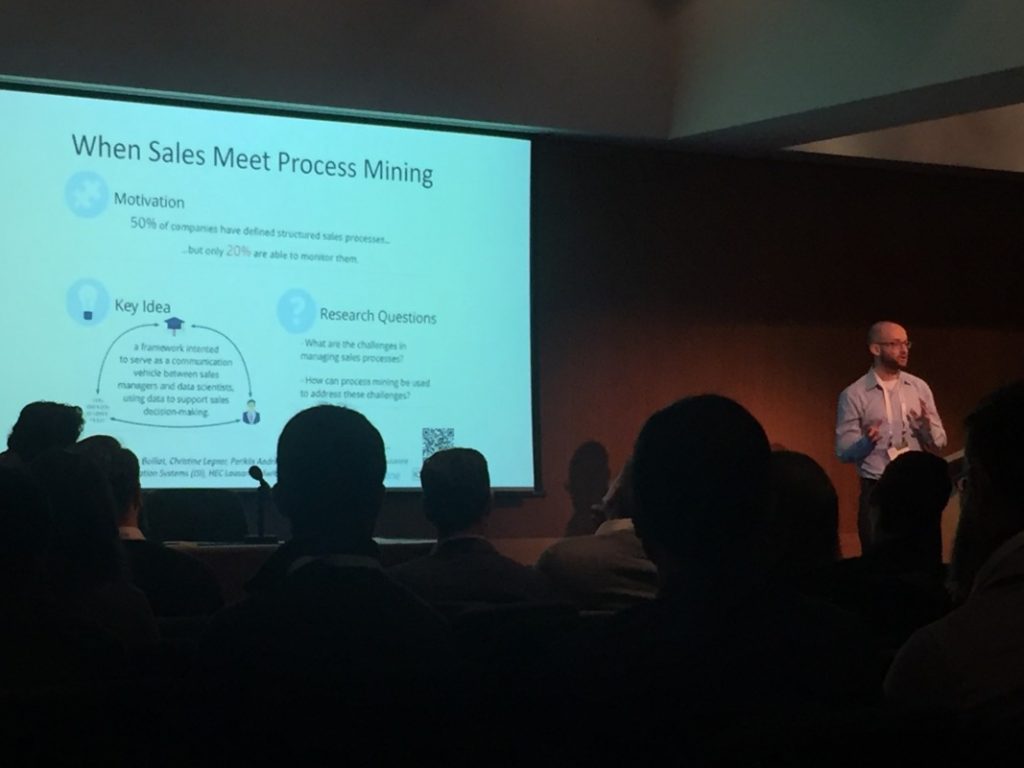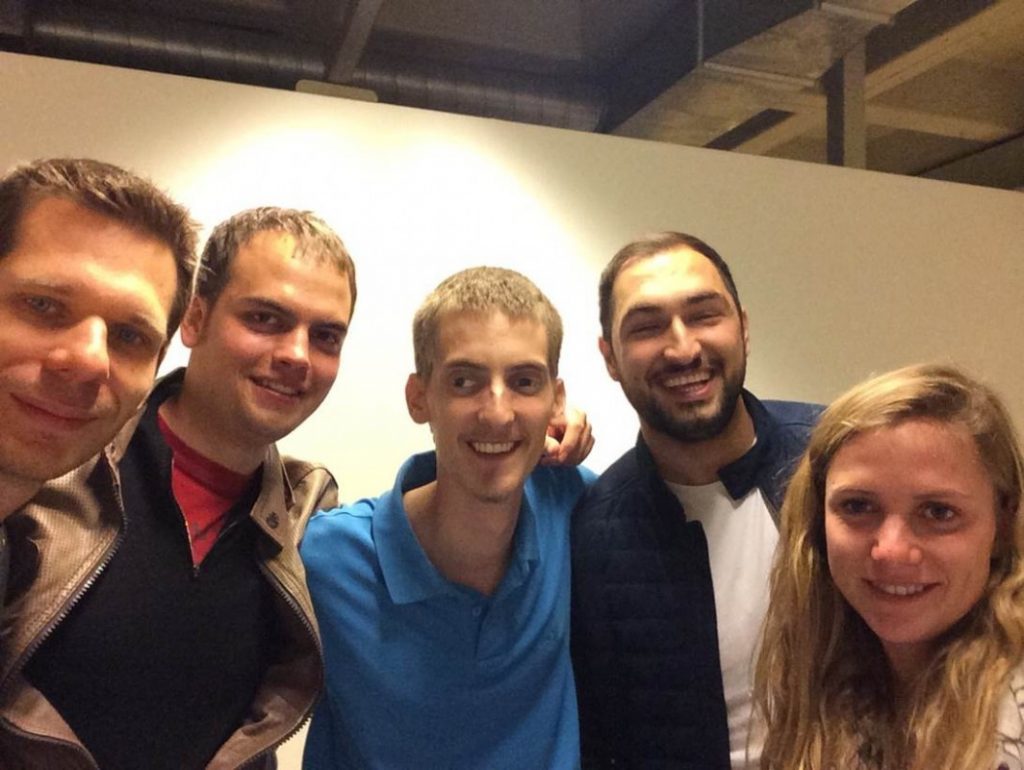We invite applications for a
PhD position (100%) at HEC Lausanne
in the Competence Center Corporate Data Quality (CDQ)
Linked and open data, enterprise information modeling
The PhD position will contribute to the design, implementation and evaluation of a Data App Store for the discovery, integration and use of open data in business environments. The PhD candidate will be employed at HEC Lausanne and work in the Competence Center Corporate Data Quality (CC CDQ – cc-cdq.ch). CC CDQ is an industry-funded research consortium that is researching, developing and testing solutions that advance data management in digital and data-driven enterprises. CC CDQ is being conducted between the Universities of Lausanne and St. Gallen and 20 renowned European companies (ABB, Bosch, Nestlé, Otto, SBB, Siemens etc.).
Desired qualifications:
- Master’s degree in Information Systems, Computer Science or related field
- Strong interest in one or more of the following topics: data modeling and architecture, linked and open data, semantic Web and ontologies, enterprise information management
- Relevant internships and/or practical experience (e.g. as consultant)
- Excellent analytical and communication skills
- Good writing skills and fluency in English; German and/or French are a plus
Informal inquiries and how to apply:
For any inquiry about the PhD positions, please contact Prof. Christine Legner:
christine.legner@unil.ch or +41 21 692 3432.
Employment rate is 100% with a competitive salary and maximum contract duration is five years. Starting date is negotiable between January and March 2018.
The PhD candidate is expected to enrol in the doctoral school in information systems at HEC Lausanne and will be supervised by Prof. Christine Legner.
Job announcement: UNIL – CDQ-PhD_201710
Related information:
Competence Center CDQ www.cc-cdq.ch
HEC Lausanne, hec.unil.ch
Prof. Christine Legner, www.unil.ch/bisa
